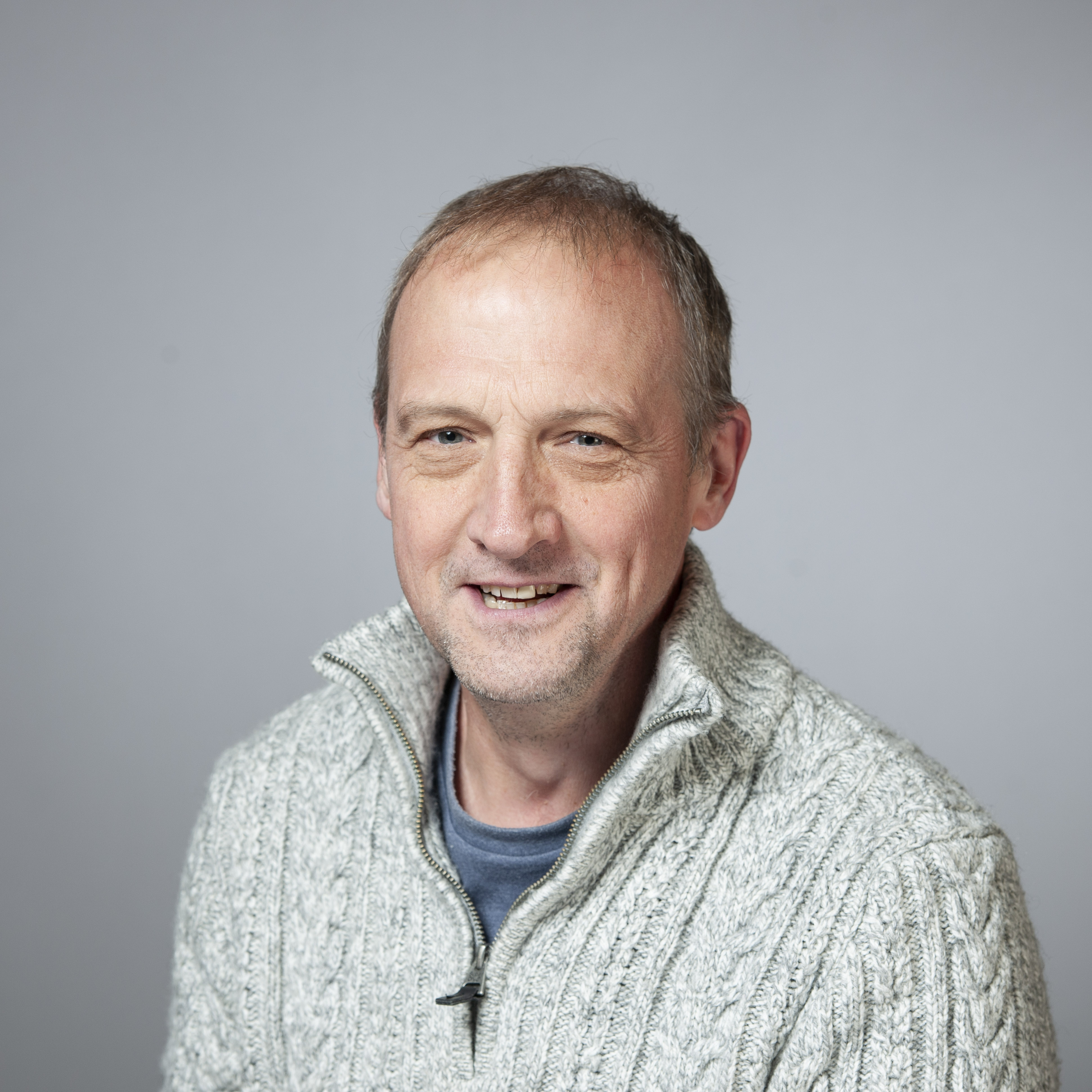The big picture: using wildflower strips for pest control
Initial results from a new set of long-term experiments at Rothamsted published today suggest that more regenerative approaches to agriculture, such as no-till and diversified cropping, are not a short-term fix for more sustainable food production systems but will require a long-term commitment.
An experimental setup of 24 cropping systems that combine a variety of regenerative agriculture practices was established at sites in Hertfordshire and Suffolk in 2017/18. It has so far shown that, in the short-term, reduced tillage has resulted in lower wheat yields but the effect varied with crop rotation, previous-crop and site.
Plots with added organic matter significantly increased spring barley yield by 8% on average, though the effect again varied with site. The ploughed crop plots tended to produce higher caloric yield overall than systems under reduced tillage.
“The initial results suggest that it takes time for regenerative approaches to restore the health of soils and the ecosystem. In addition, there may be a decrease in yields as the system transitions to a more sustainable state,” said study team leader Professor Jon Storkey. “With so many variables in play, only a long-term, integrated approach will be able to tell us “what really works” in regenerative farming.”
The original long-term Broadbalk experiment at Rothamsted was set up in 1843 and was focussed on how varying inputs of fertilizer might affect crop yield. This was hugely influential and helped establish many modern farming practices that have consistently delivered bountiful harvests and widespread food security.
Today, as agriculture faces multiple pressures to reduce its environmental impacts, the new long-term experiments will look at how varying approaches to crop rotation, tillage, nutrition and crop protection can reduce inputs of pesticides and fertilizers, emissions of greenhouse gases and support biodiversity. The aim is to collect extensive data on multiple indicators from each of the experiments.
Rather than just focussing on crop yield, these new Large Scale Rotation Experiments (LSREs) are being monitored to study the synergies and trade-offs of each approach. The experiment has been established as a long-term resource for inter-disciplinary research.
“We have explained the experimental setup in detail in this new paper so that other similar experiments can be set up worldwide. Only by taking such a broad perspective can we hope to successfully inform the transition to more sustainable cropping systems across the planet,” said Storkey. “Inevitably trade-offs will need to be made between maximising crop yield and protecting the environment, but these experiments will help us better understand the system behaviour, and ultimately identify the optimal balance for multiple systems and approaches.”
As the experiment matures, the LSRE will use novel computing and statistical analysis to evaluate the importance of long-term data. This will provide the evidence base for alternative pathways to sustainable agriculture. It will also serve as demonstration site for encouraging the transition to more sustainable farming systems.
“We need to better understand cropping as a complex system. That way we can create models for predicting the system response to the multiple factors that will affect farming as our climate and food demands change. This will be of use to farmers and policymakers in guiding decisions on how to modify existing systems to reconcile multiple objectives,” said Storkey.

Plant Ecologist
Rothamsted Research is the longest-running agricultural research institute in the world. We work from gene to field with a proud history of ground-breaking
discoveries in areas as diverse as crop management, statistical interpretation and soil health. Our founders, in 1843, were the pioneers of modern
agriculture, and we are known for our imaginative science and our collaborative approach to developing innovative farm practice.
Through independent research, we make significant contributions to improving agri-food systems in the UK and internationally, with
economic impact estimated to exceed £3 bn in annual contribution to the UK economy. Our strength lies in our systems approach, which combines strategic research,
interdisciplinary teams and multiple partnerships.
Rothamsted is home to three unique National Bioscience Research Infrastructures which are open to researchers from all over the world:
The Long-Term Experiments,
Rothamsted Insect Survey and the
North Wyke Farm Platform.
We are strategically funded by the Biotechnology and Biological Sciences Research Council (BBSRC), with additional support from other national and
international funding streams, and from industry. We are also supported by the Lawes Agricultural Trust (LAT).
The Biotechnology and Biological Sciences Research Council is part of UK Research and Innovation, a non-departmental public body funded by a grant-in-aid
from the UK government.
BBSRC invests to push back the frontiers of biology and deliver a healthy, prosperous and sustainable future. Through our investments, we build and support a vibrant,
dynamic and inclusive community which delivers ground-breaking discoveries and develops bio-based solutions that contribute to tackling global challenges,
such as sustainable food production, climate change, and healthy ageing.
As part of UK Research and Innovation (UKRI), we not only play a pivotal role in fostering connections that enable the UK’s world-class research and innovation system
to flourish – we also have a responsibility to enable the creation of a research culture that is diverse, resilient, and engaged.
BBSRC proudly forges interdisciplinary collaborations where excellent bioscience has a fundamental role. We pioneer approaches that enhance the equality, diversity,
and inclusion of talent by investing in people, infrastructure, technologies, and partnerships on a global scale.
The Lawes Agricultural Trust, established in 1889 by Sir John Bennet Lawes, supports Rothamsted Research’s national and international agricultural science through the provision of land, facilities and funding. LAT, a charitable trust, owns the estates at Harpenden and Broom's Barn, including many of the buildings used by Rothamsted Research. LAT provides an annual research grant to the Director, accommodation for nearly 200 people, and support for fellowships for young scientists from developing countries. LAT also makes capital grants to help modernise facilities at Rothamsted, or invests in new buildings.